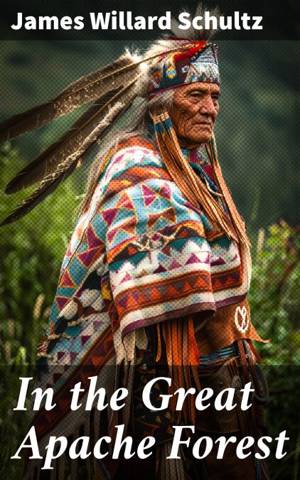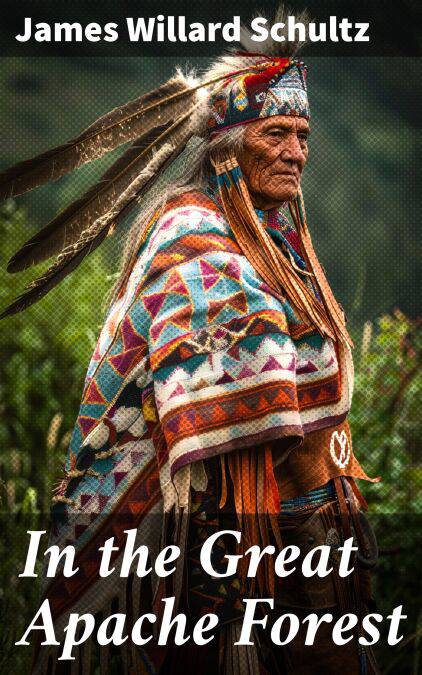
- Afhalen na 1 uur in een winkel met voorraad
- Gratis thuislevering in België vanaf € 30
- Ruim aanbod met 7 miljoen producten
- Afhalen na 1 uur in een winkel met voorraad
- Gratis thuislevering in België vanaf € 30
- Ruim aanbod met 7 miljoen producten
Zoeken
In the Great Apache Forest E-BOOK
The Story of a Lone Boy Scout
James Willard Schultz
E-book | Engels
€ 0,49
Omschrijving
In "In the Great Apache Forest," James Willard Schultz presents a vivid and nuanced portrayal of the Apache culture and wilderness during the late 19th century. Through a combination of personal anecdotes, detailed observations, and lyrical descriptions, Schultz captures the essence of the American Southwest's landscapes and its Indigenous peoples. His literary style, characterized by rich imagery and emotive language, serves not only as a narrative device but also as a cultural bridge that connects readers to the complexities of Apache life, spirituality, and their intricate relationship with nature, all amidst the tumultuous backdrop of colonization. James Willard Schultz, an early American explorer and ethnographer, dedicated much of his life to understanding and documenting Native American cultures. His extensive experiences living among the Apache and other tribes informed his perspectives, enabling him to portray their lives with empathy and respect. Schultz's intimate knowledge of Indigenous customs and storytelling traditions shines through in his work, highlighting the importance of preserving and respecting cultural narratives amid growing Western encroachment. This book is highly recommended for readers interested in anthropology, Native American history, or environmental literature. Schultz'Äôs authentic voice not only provides an engaging narrative but also fosters a deeper understanding of the Apache people's enduring legacy, inviting contemporary audiences to reflect upon the significance of place, culture, and coexistence.
Specificaties
Betrokkenen
- Auteur(s):
- Uitgeverij:
Inhoud
- Aantal bladzijden:
- 103
- Taal:
- Engels
Eigenschappen
- Productcode (EAN):
- 8596547669302
- Verschijningsdatum:
- 16/11/2023
- Uitvoering:
- E-book
- Beveiligd met:
- Digital watermarking
- Formaat:
- ePub

Alleen bij Standaard Boekhandel
Beoordelingen
We publiceren alleen reviews die voldoen aan de voorwaarden voor reviews. Bekijk onze voorwaarden voor reviews.








